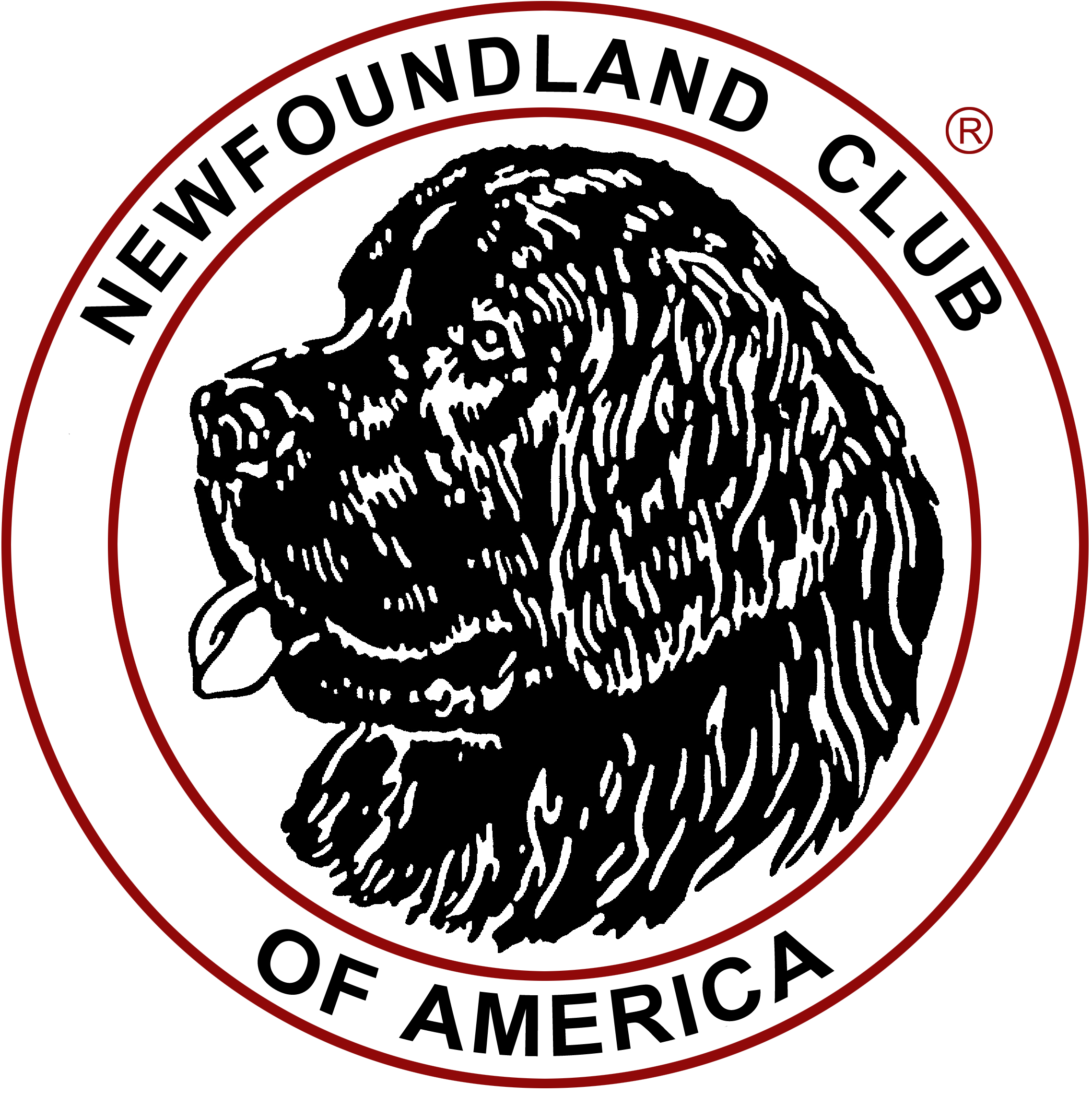

While there's no definitive approach to mentoring, the following may be helpful to developing a successful mentoring relationship; one that is mutually educational and beneficial to both parties.
• Follow the Golden Rule and treat people the same way you'd like to be treated. Lead by example.
• Good mentors consider different learning styles. Some people learn best when they are allowed to talk with their mentor, others do better when guided by example, and other people do better when guided to find reading material.
• Check in with the person you are mentoring to review their goals and how to achieve them.
• Mentors should not be the conversational lead. Good listening skills are paramount.
• The best mentors provide encouragement and honest criticism. They don't direct; they guide.
• Foster discovery. Thought-provoking questions are more powerful than smart answers.
• Allow for mistakes. They are necessary for growth.
• Put people at ease by being authentic, open and sincere.
• Be a guide; not a dictator.
• Not every pairing is a good match. If your mentoring relationship isn‚t working, discuss your concerns.
• Be on the lookout for people who exhibit strong leadership skills. Encourage those people to volunteer regionally as well as nationally. People who display energy, commitment, integrity, good decision-making skills and courage are the leaders of tomorrow. Do everything possible to encourage these people. Keep in touch with the people you have mentored. Both of you can benefit by exchanging ideas, information, and advice. If done well, mentoring can be the beginning of life long friendship.
Suggested reading material:
• Mentoring: How to Develop Successful Mentor Behaviors by Gordon F. Shea
• The Elements of Mentoring by W. Brad Johnson
• The Heart of Mentoring: Ten Proven Principles for Developing People to Their Fullest Potential by Robert Tamasy
by Jean McAdams and the Breeders Education Committee reprinted from Newf Tide 3Q 2009
If we can get on the internet and chat with a network of dog owners, access books and articles regarding almost any topic related to dogs, contact our veterinarians and technicians with questions or google any health problem, then why do we need to mentor and what exactly is mentoring?
The Merriam-Webster defines a mentor as "a trusted counselor or guide:' Historically, the original Mentor is a character in Homer's epic poem, The Odyssey. When Odysseus, King of Ithaca, went to fight in the Trojan War, he entrusted the care of his kingdom to Mentor. Mentor served as the teacher and overseer of Odysseuss' son, Telemachus. The description on the AKC flyer states: "Mentors can help guide newcomers through the rules and traditions of dog shows, assess a dog's potential, and provide one-on-one training, advice, and assistance in everything from grooming, to health care, handling, and even the purchase or eventual breeding of a dog. Many mentor-mentee relationships develop into lifelong friendships!" Does this mean a mentor is a counselor, guide, teacher, trainer who becomes a friend?
It seemed obvious that the Breeders Education Committee would endorse mentoring as a means to support the well-being of our breed. In order to promote this activity, we canvassed the committee members for their mentoring experiences. One breeder of 30-plus years shared the story of continuing to learn throughout the years, starting with whelping her first litter with the co-owner/breeder of her first dog; learning to grade litters and evaluate dogs and to breed, groom, show and train dogs from a professional handler/breeder; and then later to mentor those who were willing to learn, to guide those that seek assistance, and to be a strong shoulder when someone needed comfort. Other members expressed how important it is for good mentoring to be a two-way process-an excellent way for a mentor to maintain objectivity and for the mentee to ask "How and Why:' This enables mentors to reflect about what influenced them when they made specific decisions and challenges the mentors to think and his/her answers. Mentors must stay updated with our breed, and constantly reassess. Mentoring should never be a monologue but instead an interaction between people who share a common love and respect for our breed, exchanging their ideas on the complex and crucial subject-how to preserve and protect the Newfoundland breed. This two-way communication between mentor and mentee benefits both but what seems to matter even more is that the breed we love can have a better future when we share.
Mentee Role: From passive receiver to active learner
Mentor Role: From authority to facilitator
Focus: Knowledge transfer and acquisition to new developments,
be involved with critical reflection and application